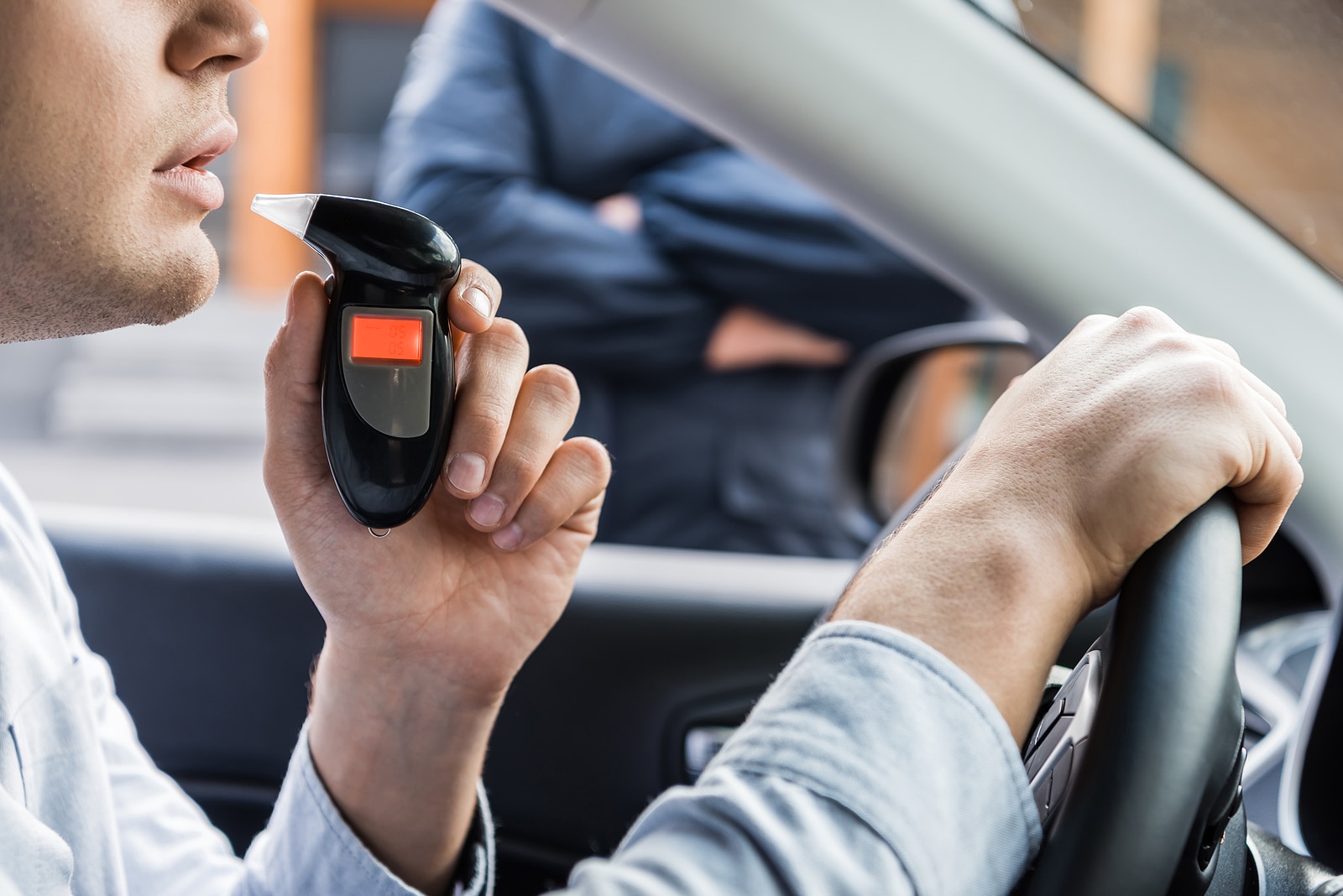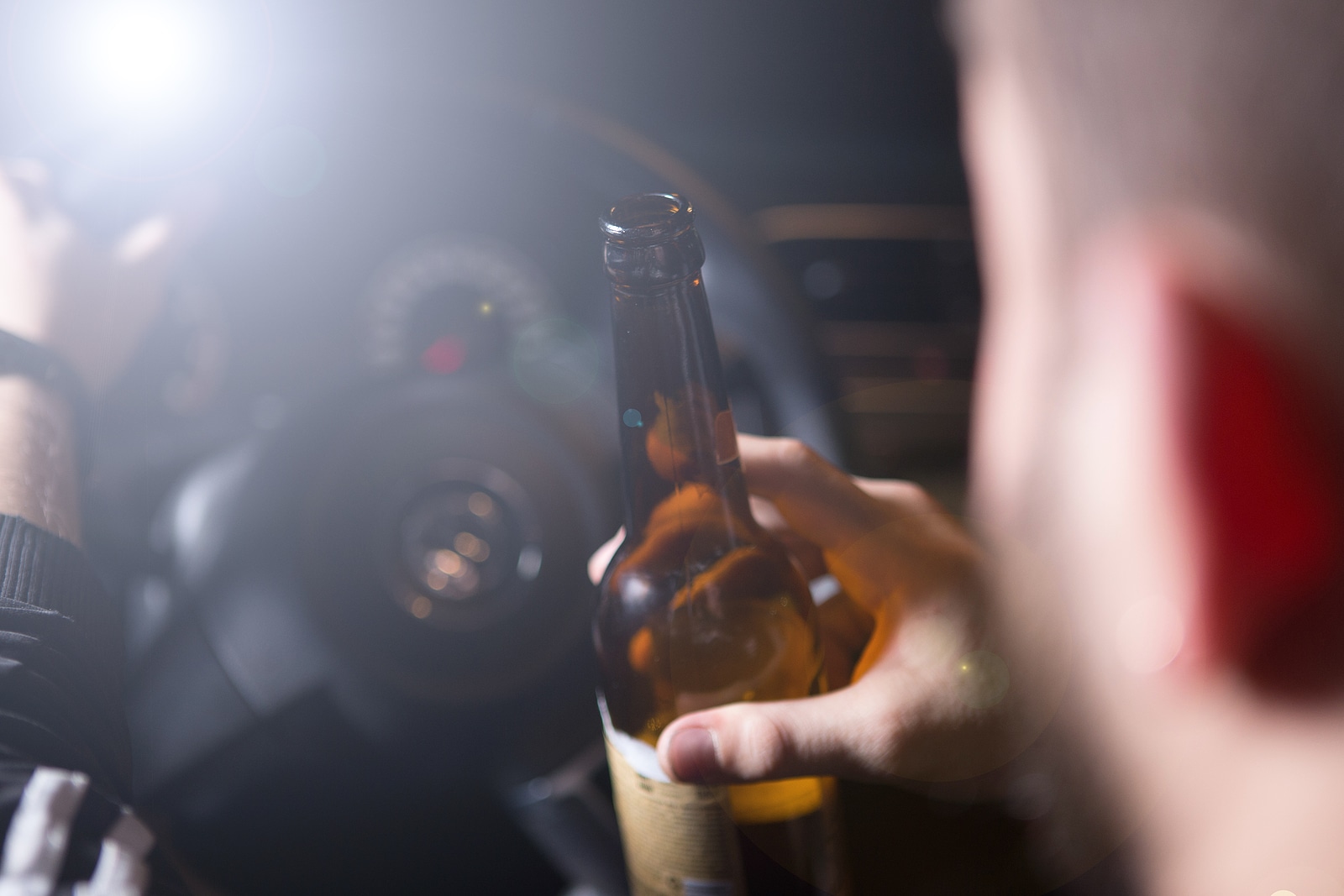Advanced Legal Defense for DUI
Driving under the influence (DUI) cases can be complex and challenging, often relying on evidence like breathalyzers and field sobriety tests. However, advanced legal defense techniques can delve deeper into the intricacies of these cases, utilizing expert witnesses, alternative explanations for observed behavior, and nuanced legal arguments that go beyond the conventional surface of typical DUI cases.
Expert Witnesses
One of the most powerful tools in a DUI defense attorney’s arsenal is the use of expert witnesses. These professionals, often specialists in fields such as toxicology or forensic science, can challenge the validity of the prosecution’s evidence. For instance, a toxicologist might question the accuracy of blood or breath tests, pointing out potential errors in collecting, storing, or analyzing samples. Their ability to challenge scientific evidence, interpret complex data, and educate the jury can be the difference between conviction and acquittal.
Analyzing Testing Procedures
DUI cases rely heavily on the accuracy of testing procedures, whether it’s breath analysis machines or blood sample analysis. Expert witnesses can thoroughly examine the methods used by law enforcement, highlighting potential flaws or deviations from established protocols. By pinpointing inaccuracies or mishandling of evidence, these experts create doubt about the reliability of the results, weakening the prosecution’s argument.
Interpreting Medical Evidence
In cases where a defendant has medical conditions or is on medication, expert witnesses can interpret medical records and explain how these factors might have influenced the defendant’s behavior or test results. For instance, certain medical conditions can lead to symptoms that mimic intoxication. By presenting a medical expert’s testimony, the defense can provide a plausible alternative explanation for the observed behavior, raising doubts about the defendant’s guilt.
Educating the Jury
Expert witnesses present technical information and educate the jury about the complexities of DUI cases. They can explain legal standards, scientific principles, and testing procedures in a way non-experts can grasp. This education empowers the jury to critically evaluate the prosecution’s evidence, enabling them to make a more informed decision.
Rebutting Prosecution Experts
In many DUI cases, the prosecution presents its own expert witnesses. Defense experts can analyze and challenge the testimony of these prosecution witnesses, pointing out inconsistencies or biases in their analysis. By discrediting the opposing experts, the defense strengthens its case and creates additional doubt in the minds of the jurors.
Alternative Explanations for Observed Behavior
DUI cases often hinge on the defendant’s behavior and appearance during the traffic stop. Advanced defense strategies involve presenting alternative explanations for observed signs of intoxication. Factors such as fatigue, medical conditions, or nervousness can mimic the symptoms of impairment. A defense attorney can construct a compelling argument that challenges the prosecution’s narrative by investigating the defendant’s medical history, other relevant circumstances, and providing plausible alternative scenarios.
Fatigue and Sleep Deprivation
Fatigue and sleep deprivation can significantly impair a person’s cognitive and motor skills, leading to symptoms similar to those of alcohol intoxication. Long work hours, jet lag, or medical conditions such as sleep apnea can result in bloodshot eyes, slurred speech, and unsteady movements. By investigating the defendant’s daily routine and sleep patterns, the defense may establish that observed signs of impairment were due to exhaustion rather than alcohol consumption.
Medical Conditions and Medications
Certain medical conditions and medications can cause symptoms that mimic intoxication. Neurological disorders, diabetes, allergies, or over-the-counter medications can affect balance, speech, and overall demeanor. A thorough review of the defendant’s medical history, coupled with expert medical testimony, can establish a strong case that the observed behavior was a result of a medical condition or medication side effects, not alcohol intoxication.
Nervousness and Anxiety
Being pulled over by law enforcement can be an incredibly stressful and anxiety-inducing experience. Nervousness and anxiety can lead to shaky hands, increased heart rate, and difficulty maintaining balance—symptoms often associated with alcohol impairment. By presenting evidence of the defendant’s anxiety or high-stress situations leading up to the traffic stop, the defense can convincingly argue that these factors, not intoxication, caused the observed behavior.
Diet and Blood Sugar Levels
Diet and blood sugar levels can also impact an individual’s demeanor and behavior. For instance, hypoglycemia (low blood sugar) can lead to confusion, dizziness, and unsteadiness, which might be misinterpreted as signs of intoxication. Dietary factors like low-carb diets or fasting can exacerbate these symptoms. An experienced DUI defense attorney can explore the defendant’s diet and medical history to establish a link between blood sugar levels and the observed behavior, providing an alternative explanation.
Environmental Factors
Environmental factors such as extreme weather conditions, bright headlights, or loud noises can contribute to disorientation and affect an individual’s ability to perform well on field sobriety tests. Poor weather conditions can make roads slippery and affect a person’s balance, while bright lights can cause temporary vision impairment. By highlighting these external factors, the defense can illustrate how they might have influenced the defendant’s behavior, leading to the appearance of impairment.
Mental Health Issues
Mental health disorders, including anxiety, depression, or panic attacks, can significantly impact a person’s behavior and responses. These conditions can cause symptoms such as confusion, rapid speech, or difficulty concentrating, which might be misinterpreted as signs of intoxication. A comprehensive evaluation by mental health professionals can establish a connection between the defendant’s mental health and the observed behavior, providing a valid alternative explanation.
Challenging the Traffic Stop
The legality of the traffic stop is a fundamental aspect of any DUI case. If law enforcement officers did not have a valid reason to pull over the defendant, any evidence collected subsequently may be inadmissible in court. By understanding and leveraging Fourth Amendment protections, scrutinizing the officer’s actions, and analyzing evidence and eyewitness accounts, defense attorneys can build a powerful defense strategy to protect the defendant’s rights.
Understanding Fourth Amendment Protections
Challenging the legality of a traffic stop revolves around the Fourth Amendment, which safeguards individuals against unreasonable searches and seizures. DUI defense attorneys meticulously analyze the stop to ensure that law enforcement officers respected the defendant’s constitutional rights, focusing on reasonable suspicion and probable cause.
Scrutinizing Officer’s Actions
Attorneys thoroughly examine the officer’s actions leading up to the stop. This scrutiny involves questioning whether the officer had valid grounds for suspicion, such as observing erratic driving behavior, speeding, or other traffic violations. Any deviation from proper protocol, like an absence of reasonable suspicion or probable cause, can render the traffic stop unlawful.
Analyzing Evidence and Eyewitness Accounts
Defense attorneys leverage various sources of evidence, including dashcam footage and eyewitness accounts, to identify inconsistencies or violations of the defendant’s rights. Eyewitness testimony or camera footage might reveal discrepancies in the officer’s version of events, providing valuable ammunition for challenging the stop’s legality.
Uncovering Technicalities and Protocol Violations
DUI defense strategies often involve identifying technicalities or protocol violations during the traffic stop. This could include the officer’s failure to properly signal or a lack of adherence to established procedures. Even minor deviations from standard law enforcement practices can cast doubt on the legitimacy of the stop.
Understanding Alcohol Absorption and Elimination
Alcohol absorption and elimination rates can vary significantly from person to person. Factors such as weight, metabolism, the presence of food in the stomach, and the type of alcoholic beverage consumed all influence how quickly alcohol is absorbed into the bloodstream and how long it remains there.
Highlighting the Absence of Direct Evidence
In cases where there is a significant time gap between the alleged offense and the administration of the BAC test, the defense can question the lack of direct evidence linking the defendant’s BAC at the time of driving. If there are no eyewitnesses, video footage, or other forms of evidence confirming the defendant’s impaired state during the driving incident, the rising BAC defense gains additional strength.
Establishing a Plausible Timeline
Constructing a plausible and evidence-supported timeline is crucial for any DUI defense. The defense team may gather witness statements, surveillance footage, or other forms of evidence that support the defendant’s activities and alcohol consumption timeline leading up to the arrest.
Field Sobriety Test Accuracy
Field sobriety tests, such as walk-and-turn or one-leg stand, are often subjective and can be affected by various factors, including weather conditions, uneven terrain, and the individual’s physical condition. By questioning the tests’ reliability, examining officer training, considering medical conditions, and challenging the cognitive impact, defense attorneys can craft compelling arguments that raise doubts about the defendant’s alleged impairment.
Subjectivity and Training
FSTs rely heavily on an officer’s judgment, making them inherently subjective. Factors like weather conditions, poor lighting, uneven terrain, and the individual’s physical condition can all impact test performance. Defense attorneys exploit this subjectivity to question the reliability of the results, emphasizing that external elements could have unfairly influenced the defendant’s performance. Any deviation from the standardized procedures or lack of proper training can be used to challenge the validity of the FST results. This scrutiny can create doubt about the officer’s competence in conducting the tests, raising questions about the accuracy of the assessment.
Medical Conditions and Impairment
Certain medical conditions, injuries, or disabilities can significantly affect a person’s ability to perform FSTs accurately. Defense attorneys investigate the defendant’s medical history, gathering evidence from healthcare professionals to establish a connection between medical conditions and impaired performance. This information is then presented to counter the prosecution’s claims, offering a plausible alternative explanation for the observed behavior during the tests.
Demonstrating Cognitive Impact
FSTs require individuals to multitask, following instructions while maintaining balance and coordination. Cognitive impairments, stress, or anxiety can hinder a person’s ability to process information and execute tasks correctly. Defense attorneys may present expert testimony from psychologists or cognitive experts to demonstrate how these factors can affect FST performance.
Contact Carl Chapman, P.C. for an Advanced DUI Defense
By leveraging expert witnesses, exploring alternative explanations for the observed behavior, and dissecting the legality and accuracy of the evidence, skilled defense attorneys can significantly improve their client’s chances of a favorable outcome. Contact Carl Chapman, P.C. today at 470-206-2169 for a consultation.

 470-206-2169
470-206-2169





